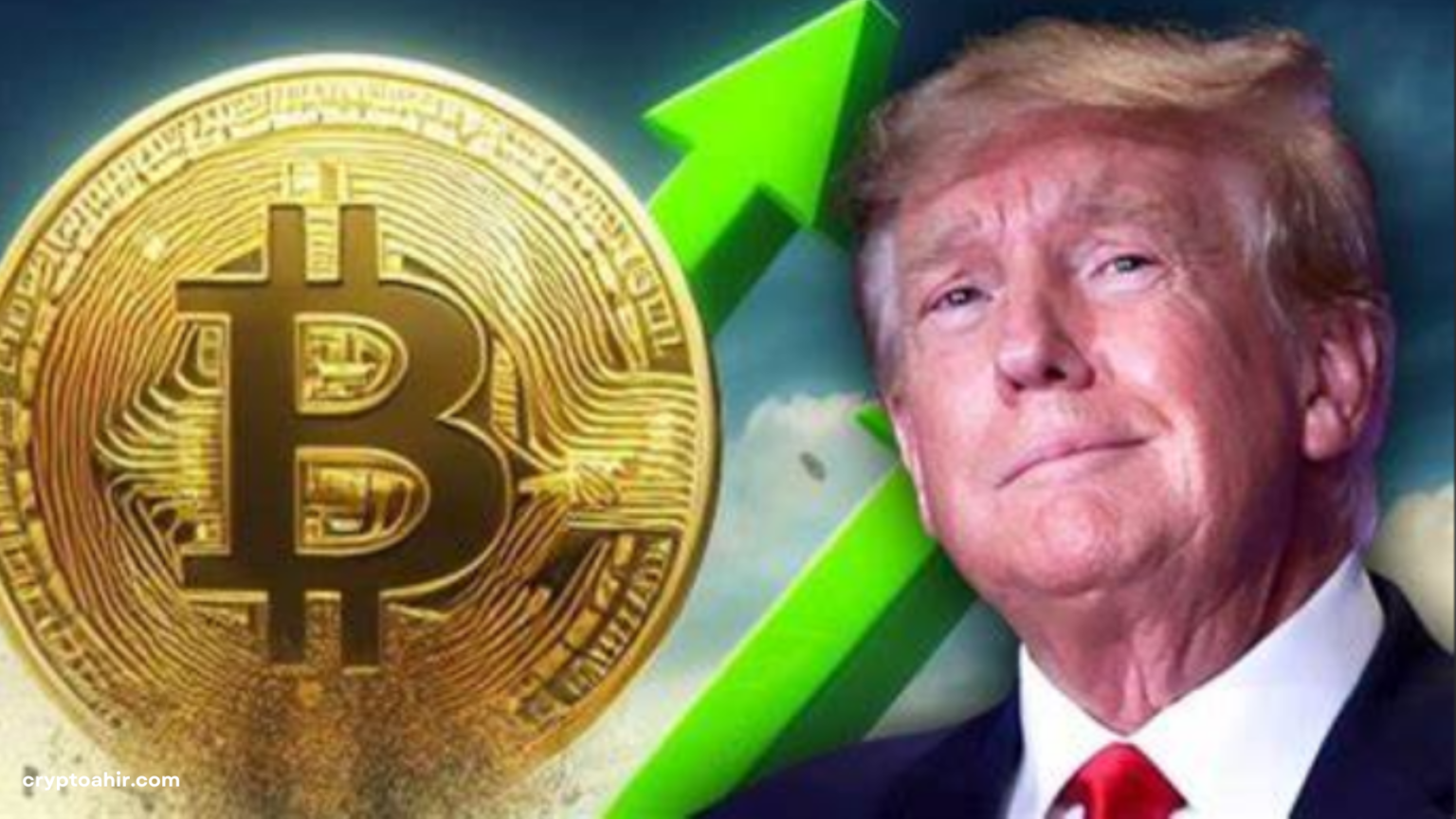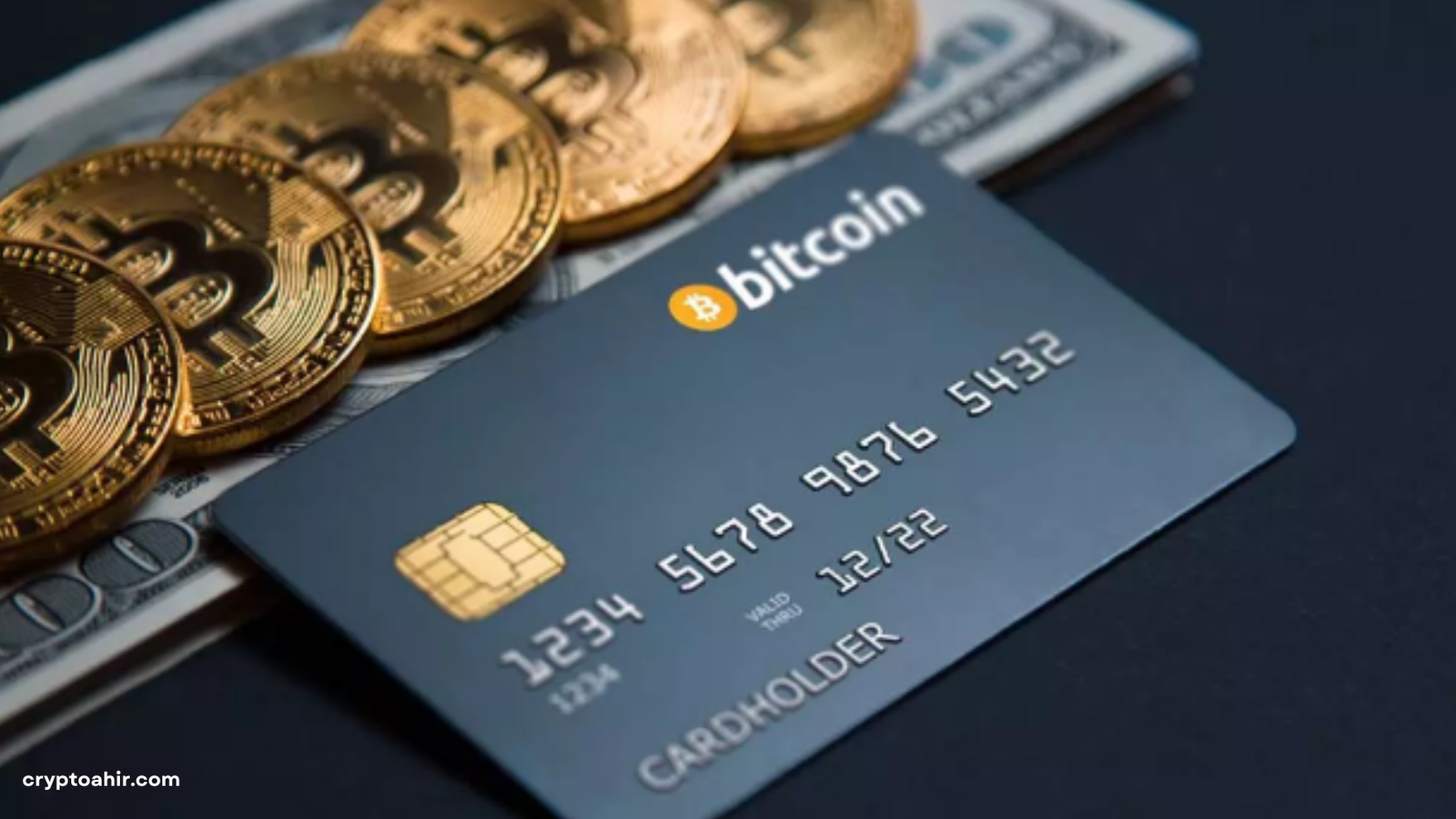According to a Reuters story, Democratic senators have asked the U.S. Securities and Exchange Commission (SEC) to preserve documents pertaining to President Donald Trump’s cryptocurrency business, World Liberty Financial.
In order to determine if the Trump family’s financial stake in World Liberty is impacting the Commission’s operations, the request was sent in writing to Mark Uyeda, the acting chairman of the SEC.
Representative Maxine Waters, the leading member of the U.S. House of Representatives’ financial services committee, and Senator Elizabeth Warren, the ranking member of the U.S. Senate’s banking committee, both signed the letter. The letter from the parliamentarians draws attention to the possible conflict of interest resulting from the president’s enterprises, but it does not offer any legal authority to execute its requirements.

According to a recent revelation, the Trump family controls World Liberty Financial, which has raised more than half a billion dollars in recent months. As soon as the main “decentralized finance” business begins, the Trump family will be entitled to 60% of operating profits and 75% of net income from World Liberty token sales. The Trump family is entitled to over $400 million in fees as a result of this arrangement. Purchases of $1 million or more in non-tradable $WLFI tokens have generated more than half of World Liberty’s $550 million to far.
In their letter, the congressmen want the SEC to save any White House correspondence and data pertaining to World Liberty, including a list of Trump family members.
For the past several years, lawmakers have discussed putting guardrails on stablecoins, believing that this is the most straightforward matter to address when it comes to enforcing regulations on the cryptocurrency sector.
Also read: Teenagers are making millions by launching viral memecoins—why not you? 🚀 Take advantage of this trend and create your own token today with XXX, the most trusted platform for effortless success! – https://launchtoken.fun/?ref=1
However, former regulators claim that the plans have flaws that might mislead customers and significantly harm U.S.-based stablecoin issuers compared to their less regulated international competitors, like Tether.
Tim Massad, the head of the Digital Assets Policy Project at Harvard University’s Kennedy School and a former senior financial regulator under the Obama administration, said, “They’re essentially driving a truck through the regulatory framework before it’s even passed.”
According to critics, lawmakers are ignoring legislative loopholes since the legislation are moving through both chambers so swiftly.
The proposals may unintentionally deter businesses from establishing operations in the US by essentially exempting stablecoins if they are issued overseas. Because they could have to go by regulations that don’t apply to stablecoins issued by foreign entities, they might also disadvantage U.S. issuers in terms of regulations. Additionally, consumers could have to make difficult decisions since some stablecoins that are in circulation in the United States may be exempt from the regulatory restrictions.
In a recent memo on the Senate measure, Massad, the former regulator, and two law professors, Dan Awrey and Howell Jackson, stated that the foreign issuer loophole “undermines the entire structure and purpose” of the bill.






